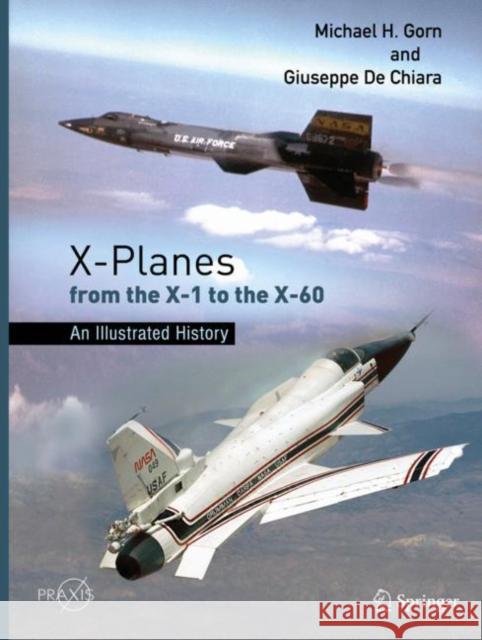X-Planes from the X-1 to the X-60: An Illustrated History » książka
topmenu
X-Planes from the X-1 to the X-60: An Illustrated History
ISBN-13: 9783030863975 / Angielski / Twarda / 2021
X-Planes from the X-1 to the X-60: An Illustrated History
ISBN-13: 9783030863975 / Angielski / Twarda / 2021
cena 121,01
(netto: 115,25 VAT: 5%)
Najniższa cena z 30 dni: 115,63
(netto: 115,25 VAT: 5%)
Najniższa cena z 30 dni: 115,63
Termin realizacji zamówienia:
ok. 22 dni roboczych
Bez gwarancji dostawy przed świętami
ok. 22 dni roboczych
Bez gwarancji dostawy przed świętami
Darmowa dostawa!
Kategorie:
Kategorie BISAC:
Wydawca:
Springer Nature Switzerland AG
Seria wydawnicza:
Język:
Angielski
ISBN-13:
9783030863975
Rok wydania:
2021
Oprawa:
Twarda
Wolumenów:
01











